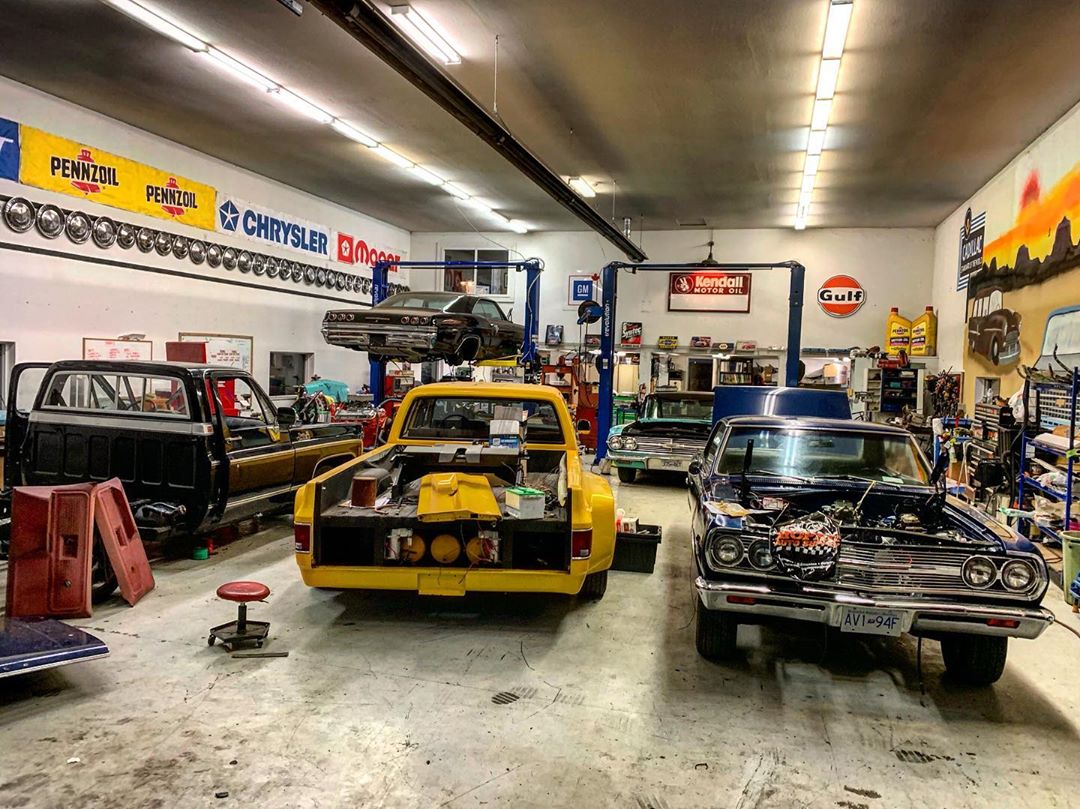All Categories
Featured
[/image]
Regular engine tune-ups are essential for preserving your automobile's performance, boosting fuel effectiveness, and prolonging its lifespan. Whether you're a skilled auto owner or a novice, comprehending the essential facets of an engine tune-up can assist you keep your car running efficiently for several years. Right here are some crucial suggestions to assist you via the process.
- Modification the Spark Plugs. Stimulate plugs are tiny yet magnificent components that play a crucial role in sparking the fuel-air blend in your engine. Gradually, they can break or become fouled, bring about bad engine performance, lowered fuel performance, and hard beginnings.
Throughout a tune-up, examine your ignition system for wear and change them as necessary. For the majority of automobiles, stimulate plugs need to be replaced every 30,000 to 100,000 miles, depending upon the type and product. Fresh ignition system make sure reliable combustion and smoother engine operation.
- Evaluate and Change the Air Filter. The air filter is your engine's initial line of defense against dirt, particles, and other contaminants. A stopped up or unclean air filter can restrict airflow, creating your engine to function tougher and take in more gas.
Check your air filter throughout a tune-up and change it if it's unclean or past its suggested service period. A clean air filter improves engine effectiveness and enhances gas economic climate.
- Check the Fuel System. Gradually, your fuel system can accumulate dust and carbon down payments, decreasing engine efficiency and gas performance. Cleaning up the gas injectors and fuel lines throughout a tune-up helps keep correct fuel delivery and combustion.
You can use a fuel system cleaner or have a specialist mechanic perform a much more detailed cleansing. This step is specifically useful for older lorries or vehicles often driven in stop-and-go web traffic.
- Check the Belts and Pipes. Belts and hoses are crucial for various engine functions, such as running the generator, water pump, and air conditioning. During a tune-up, look for cracks, fraying, or signs of endure these components.
Change any type of damaged belts and tubes to avoid prospective break downs. A damaged belt or leaking hose pipe can bring about engine overheating or loss of power, so attending to these issues promptly is essential.
- Change the Engine Oil and Oil Filter. Engine oil is essential for lubing relocating components, reducing friction, and regulating engine temperature. Over time, oil comes to be infected and sheds its effectiveness.
As part of a tune-up, change the engine oil and oil filter. Use the type of oil suggested by your lorry's producer and stick to the suggested adjustment intervals. Clean oil maintains your engine running smoothly and prevents early wear.
- Check the Battery and Charging System. A healthy and balanced battery is vital for starting your automobile and powering its electrical systems. During a tune-up, check the battery's voltage and inspect the terminals for rust. Tidy the terminals if required and make certain a protected connection.
Furthermore, test the alternator and charging system to guarantee your battery continues to be charged throughout procedure. If your battery is weak or old, consider replacing it to prevent unanticipated breakdowns.
- Flush and Re-fill the Coolant. The air conditioning system manages your engine's temperature level, stopping it from overheating. Old or infected coolant can shed its efficiency, bring about possible engine damages.
During a tune-up, flush the old coolant and replace it with a fresh combination. Evaluate the radiator, thermostat, and pipes for leaks or damages. Maintaining the air conditioning system in great problem ensures your engine runs at the best temperature level.

- Address Warning Lights and Uncommon Signs And Symptoms. Modern vehicles are furnished with diagnostic systems that signal you to prospective concerns through dashboard caution lights. If your check engine light or any other cautioning signs get on, address them throughout your tune-up.
Furthermore, focus on uncommon symptoms such as weird noises, harsh idling, or decreased gas effectiveness. A professional mechanic can diagnose and solve these problems during the tune-up procedure.
- Do Not Fail To Remember the Exhaust System. Your vehicle's exhaust system eliminates unsafe gases from the engine and makes certain proper exhausts. Inspect the exhaust system for leaks, rust, or damages during a tune-up. A defective exhaust system can impact engine efficiency and cause environmental and safety concerns.
- Usage High-Quality Parts and Fluids. When changing components or complementing fluids throughout a tune-up, constantly select high-quality products that meet your automobile's specs. Making use of below average components or wrong fluids can adversely affect your engine's performance and longevity.
Final Thought: Routine Tune-Ups Are Secret to Engine Health And Wellness. Making the effort to tune up your engine guarantees it operates successfully, saves fuel, and decreases the danger of break downs. Whether you do these jobs on your own or depend on a relied on mechanic, normal tune-ups are an investment in your car's reliability and longevity. Follow these tips, and you'll enjoy a smoother, more reputable experience for years to come.
Latest Posts
Learn How to Cut Costs on Car Maintenance with Montclare Auto Repair’s Special Deals
Uncover Cut Costs on Car Maintenance with Montclare Auto Repair’s Exclusive Deals
Discover WyHy FCU – Top Benefits for Your Future
More
Latest Posts
Learn How to Cut Costs on Car Maintenance with Montclare Auto Repair’s Special Deals
Uncover Cut Costs on Car Maintenance with Montclare Auto Repair’s Exclusive Deals
Discover WyHy FCU – Top Benefits for Your Future